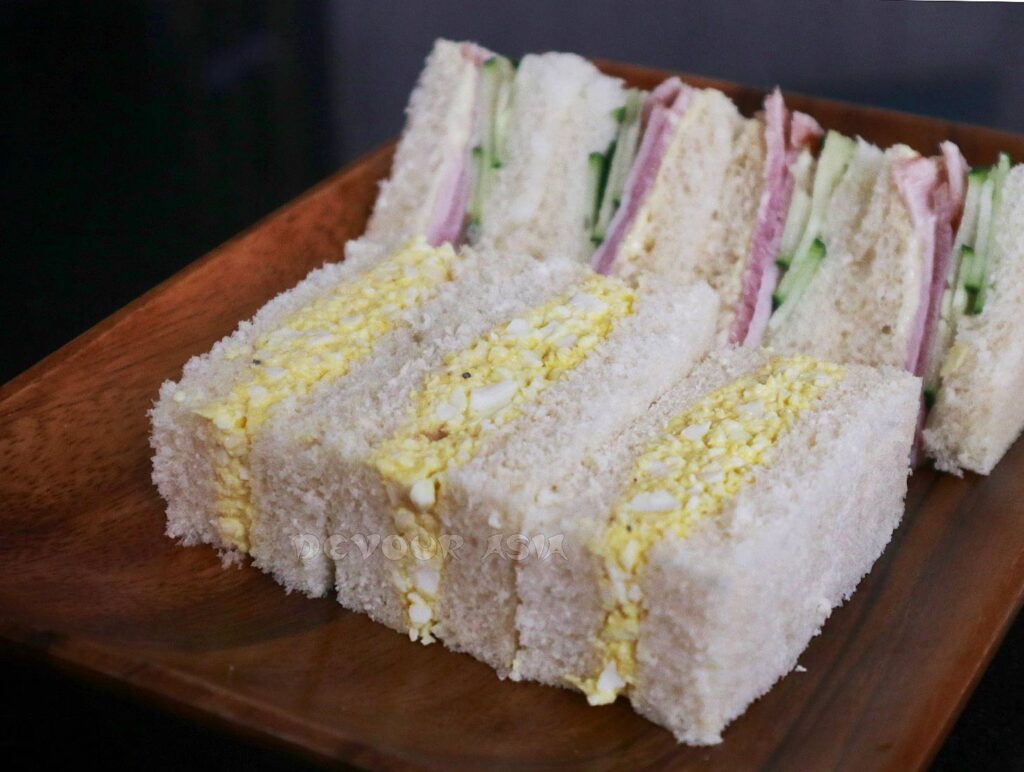
In the culinary tapestry of Japan, one dish stands out for its simplicity, yet captivates the taste buds like no other—the humble egg sandwich. As you stroll through the bustling streets of Tokyo or unwind in a cozy café in Kyoto, you’ll quickly realize that these handheld delights are not your average breakfast fare.
So, what makes Japanese egg sandwiches so irresistibly good? Join us on a culinary journey as we delve into the secrets behind this egg-centric phenomenon, exploring the unique ingredients, meticulous preparation, and cultural nuances that contribute to their unparalleled deliciousness.
The Art of Egg Preparation:
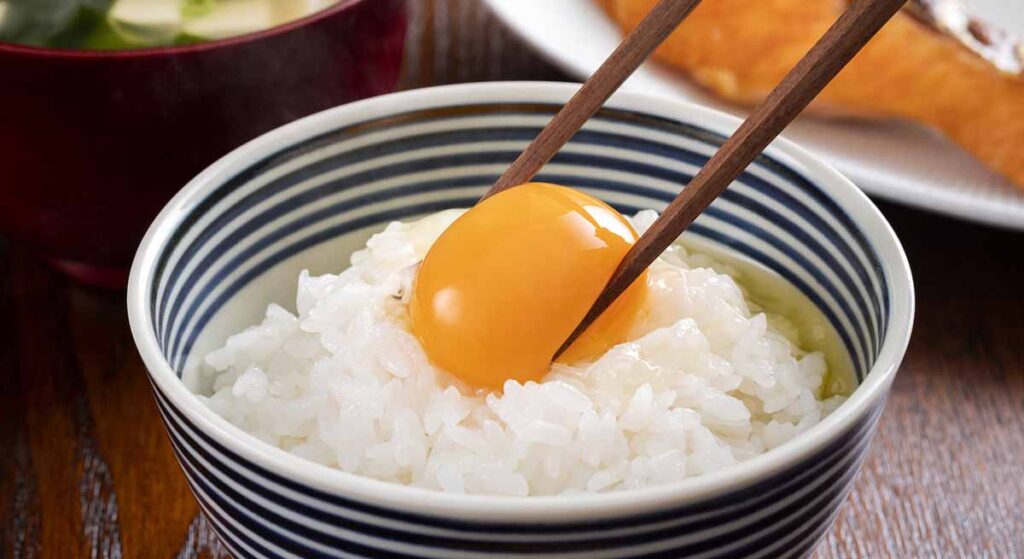
At the heart of every exceptional egg sandwich lies the key ingredient—the egg itself. In Japan, eggs are treated with utmost respect and care. The country takes pride in its high-quality, locally sourced eggs, known for their rich, creamy yolks and vibrant, flavorful whites.
Whether they are laid by free-range hens or come from farms with meticulous farming practices, the emphasis on egg quality plays a pivotal role in the final taste.
Meticulous Cooking Techniques:
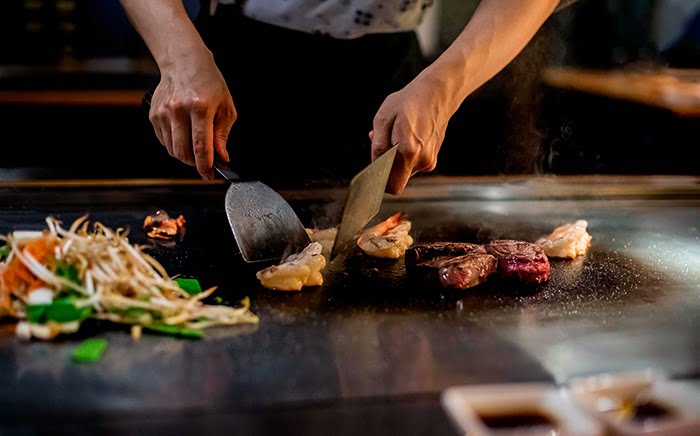
Japanese chefs approach the art of egg cooking with a precision that borders on the poetic. The eggs are often soft-boiled or prepared as a delicate omelet known as “tamago.” The result is a lusciously smooth, custard-like texture that elevates the sandwich to a whole new level.
The meticulous attention to detail ensures that every bite is a harmonious blend of velvety egg and fluffy bread, creating a symphony of flavors that dance on the palate.
Secret Sauces and Spreads:

The magic of Japanese egg sandwiches doesn’t stop with the eggs. It extends to the carefully crafted sauces and spreads that adorn the sandwich. A popular choice is the “kewpie mayonnaise,” a Japanese mayo that adds a creamy richness to the filling.
Additionally, a touch of soy sauce or a hint of Japanese mustard can elevate the flavor profile, providing a perfect balance of sweet, savory, and umami notes.
Perfectly Pillowy Bread:
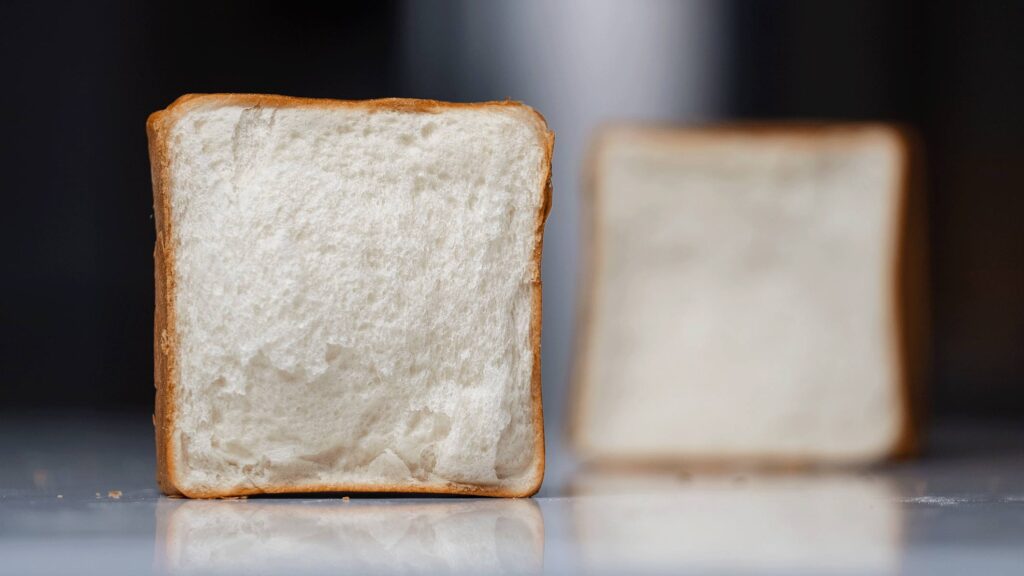
A crucial element in the quest for the perfect egg sandwich is the bread itself. In Japan, fluffy, milk-based shokupan or Japanese milk bread is the preferred choice. This soft, pillowy bread complements the creamy egg filling, creating a textural delight that is both comforting and indulgent.
The meticulous preparation of the bread, often involving a double rise technique, contributes to its cloud-like texture.
Cultural Significance:
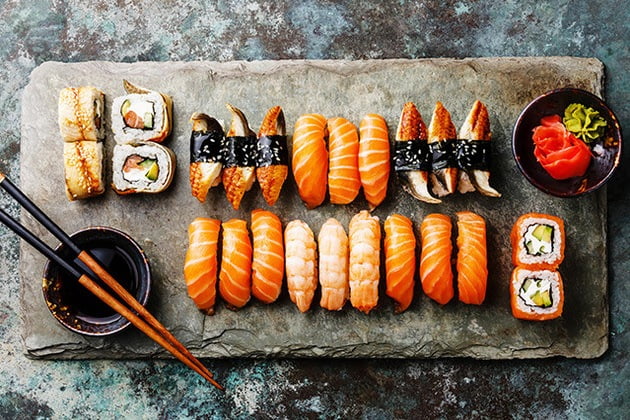
Beyond the ingredients and techniques, the cultural significance of egg sandwiches in Japan cannot be overstated. These handheld delights are not just a convenient breakfast option; they are a symbol of simplicity, perfection, and the pursuit of culinary excellence.
Whether enjoyed during a leisurely picnic in a cherry blossom-filled park or grabbed on-the-go from a bustling train station kiosk, the egg sandwich embodies the essence of Japanese gastronomy.
In the realm of culinary treasures, Japan’s egg sandwiches stand tall as a testament to the country’s dedication to perfection in even the simplest of dishes. From the meticulous preparation of eggs to the choice of bread and the incorporation of secret sauces, every element contributes to the unparalleled deliciousness of these handheld delights.
So, the next time you find yourself in Japan, be sure to savor the magic of an egg sandwich—it’s an experience that goes beyond the taste buds, offering a glimpse into the heart of Japanese culinary artistry.
FAQs
Can I find Japanese-style egg sandwiches outside of Japan?
While the authentic experience is often found in Japan, variations of Japanese-style egg sandwiches can be found in some international markets or Japanese-inspired cafes. However, the key is to replicate the attention to detail in sourcing quality ingredients and applying meticulous cooking techniques.
Are Japanese egg sandwiches healthy?
Japanese egg sandwiches can be a relatively healthy choice, especially when made with high-quality ingredients like fresh eggs, whole-grain bread, and minimal additives. However, like any food, moderation is key.
Where can I find Japanese milk bread for egg sandwiches?
Japanese milk bread is available in some Asian grocery stores, bakeries, or you can try making it at home using a recipe. It’s known for its soft and fluffy texture.
What are the best egg sandwich variations in Japan?
Japan offers various egg sandwich variations, including ones with additional ingredients like bacon, ham, or pickles. Exploring local cafes or eateries can introduce you to different regional styles.
Are there vegetarian or vegan alternatives to Japanese egg sandwiches?
Yes, you can explore vegetarian or vegan alternatives to Japanese egg sandwiches by substituting traditional ingredients with plant-based options. Look for recipes that cater to specific dietary preferences.
What other Japanese breakfast foods are worth trying?
Japan boasts a diverse range of breakfast options. Explore traditional dishes like miso soup, rice, and grilled fish, or try modern variations like breakfast sets offered in local cafes for a unique culinary experience.









